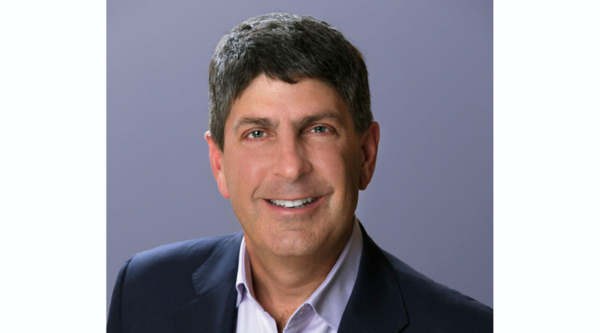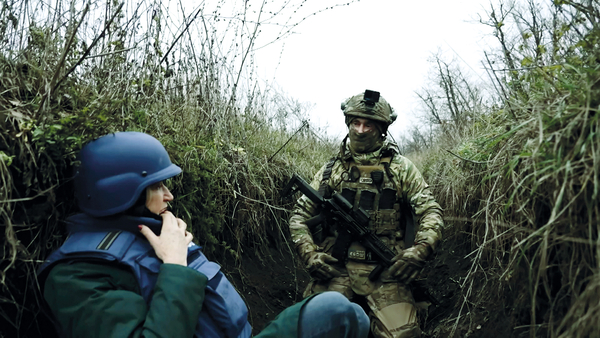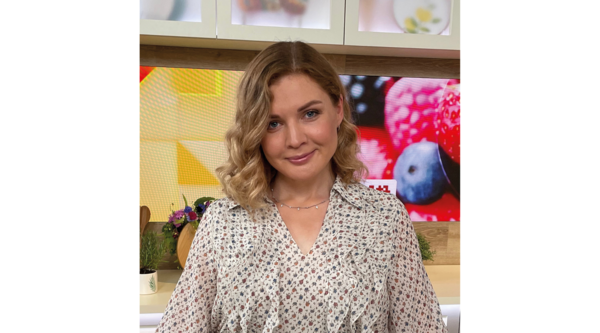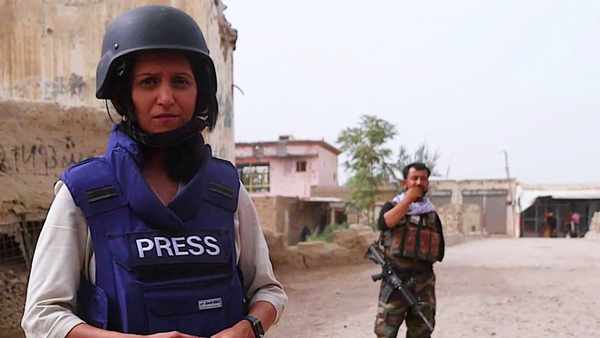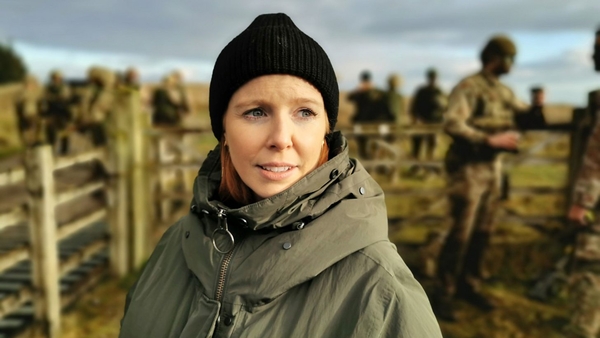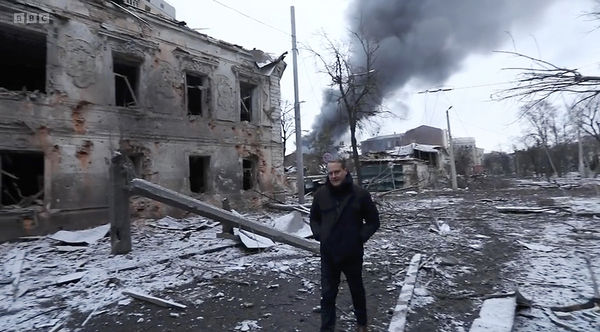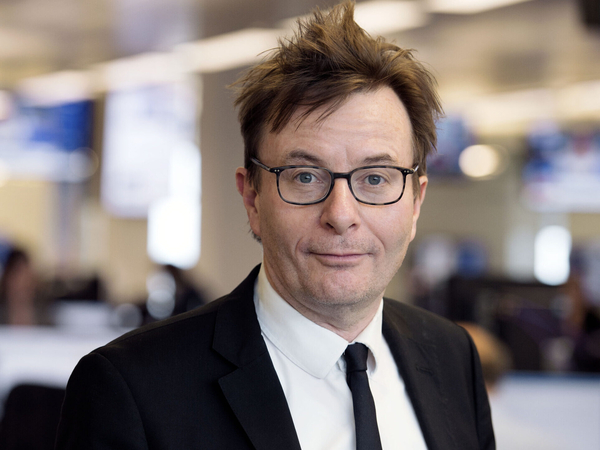TV Diary: Kamali Melbourne
It’s a Tuesday morning. Usual drill. Up, exercise, read, get the boy ready for nursery, get on my bike and head for the office. It’s around a quarter to four that afternoon when the “red drops” begin. These are the news wire services, telling us something important has happened. My editor is in my ear: “Check your urgent wires, getting some lines on Zelensky.” What now?

